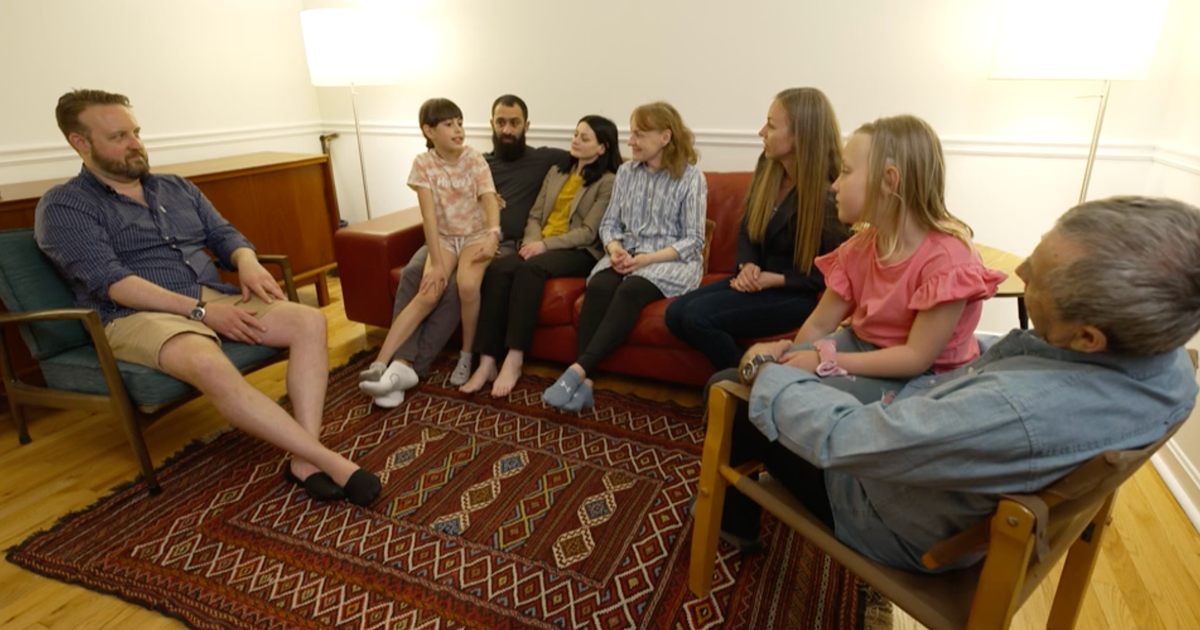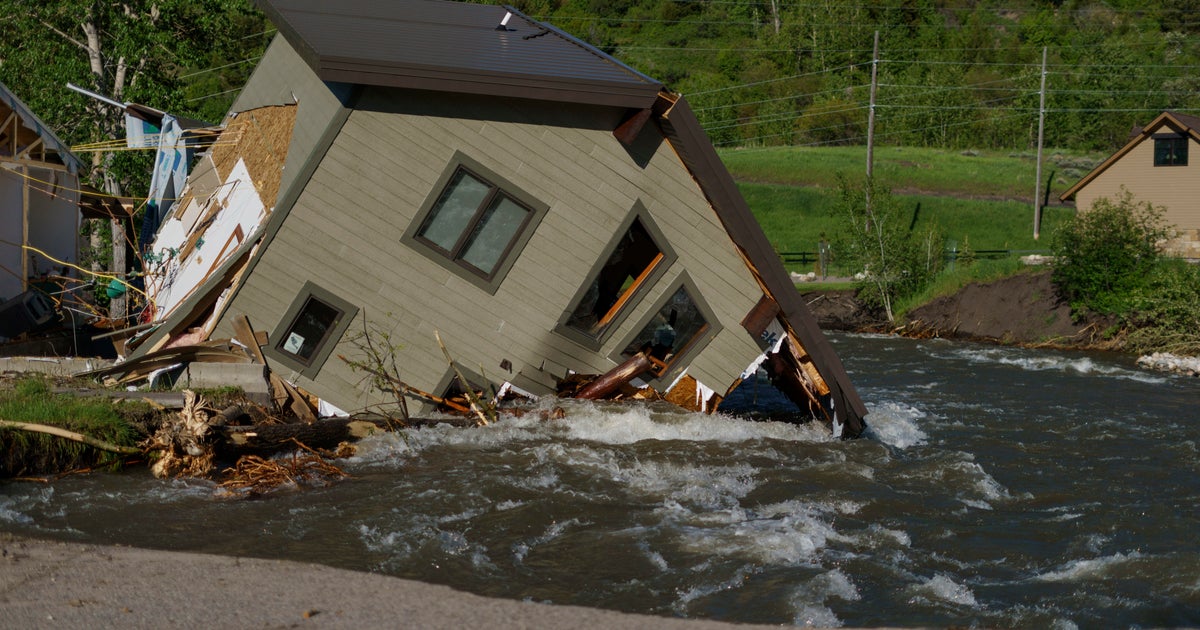A look inside the COVID-19 ward at Wisconsin's largest hospital
CBS News was granted access into Wisconsin's largest hospital – Aurora St. Luke's Medical Center in Milwaukee – which has five coronavirus units. The ICU is for the most critical patients.
Nurse Ashley Bonus has been there since the start, treating patients like 73-year-old attorney Sue Pappas.
When asked if she had any idea how she got COVID-19, Pappas responded, "No! I can't explain it. I was pissed. I was very upset. My family busted their butt … to be safe, and all of a sudden, I get it. This is nuts!"
"I wish people would take this serious," Pappas added, as she sat in her hospital room.
Bonus said she "felt good" about Pappas, but was worried about getting the coronavirus herself.
"Initially, I would say yes," said Bonus. "I'm a type 1 diabetic. I'm also 17 weeks pregnant."
Even so, Bonus said she still chooses to go work at the COVID-19 unit every day.
"It was a hard decision to make," she said. "It's also that emotional support during all of this. You take me to a different ICU in this hospital, and I'm not going to have the camaraderie that I have here."
COVID-19 patients are flipped, or proned as it's called, because it's one of the only things that shows increased survival since it helps their breathing. Medical personnel at the coronavirus unit said most of their critical patients are not the elderly; they're actually in their 30s and 40s. If fighting COVID-19 is a war, every day is a battle.
"Figure out what you're fighting for and keep that at the forefront," said Bonus. "So this community, these patients, these families that are being affected by this, that's what I'm fighting for."
On Wednesday, Wisconsin hit a record 48 deaths reported, according to the state's Department of Health Services.
"The story you're telling here today about the hospital in Milwaukee is one that most people think won't happen to our community," Dr. Michael Osterholm, epidemiologist at the University of Minnesota, told CBS News. "And what unfortunately is going to happen in so many communities across our country is stretching the system beyond anything that we've had in modern history."
According to data from Johns Hopkins University, more than 8.3 million cases have been reported in the United States, with over 221,000 deaths.




